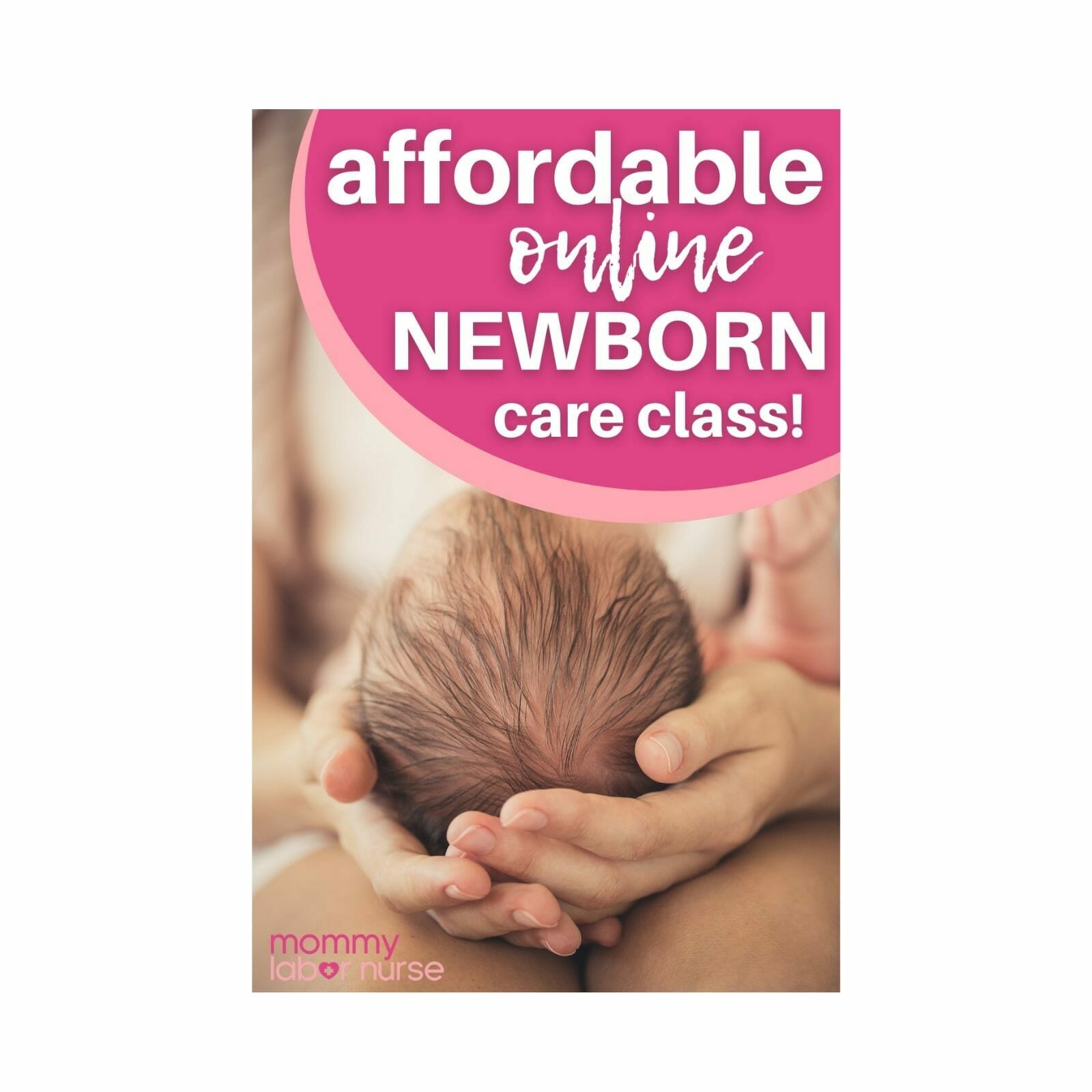First, let's talk about what to pay attention to immediately after birth. The first hour of a newborn's life is known as the golden hour, and it's crucial for bonding and breastfeeding. Skin-to-skin contact with the mother encourages the baby to breastfeed, and it helps to regulate the baby's temperature, breathing, and heart rate.

Once the vital signs have stabilised, the baby will be weighed, measured, and examined by a medical professional. This examination will check for any physical abnormalities, including the baby's reflexes and breathing. It's best to ask the healthcare provider any questions or concerns you may have during this examination.
One of the most important things to remember when caring for a newborn baby is feeding. Newborns typically need to eat every 2-3 hours, or 8-12 times a day, depending on the baby's age, weight, and feeding method. Breastfeeding is recommended as the primary source of nutrition in the first six months of life; however, formula feeding is also an option. Speak to your healthcare provider or a lactation consultant to learn more about breastfeeding and how to properly bottle-feed.
Sleep is also crucial for both the baby and parents. Newborns tend to sleep for 16-17 hours per day in short, intermittent periods, and they may wake up frequently during the night for feeding. It's recommended that parents place their baby on their back to sleep in a crib or bassinet that meets safety standards. Avoid having any loose bedding or toys in the crib, as they can increase the risk of Sudden Infant Death Syndrome (SIDS).
Another essential aspect of newborn baby care is hygiene. Newborns require frequent diaper changes, and it's essential to clean their genital area thoroughly with warm water and mild soap. While bathing a newborn is not necessary daily, you can clean their face and neck with a warm washcloth. Keep in mind that the umbilical cord stump will fall off within two weeks, and it's essential to keep the area clean and dry to prevent infection.
It's also important to schedule regular check-ups with your healthcare provider, including vaccinations and developmental screenings. Staying on top of your baby's health and growth is critical during the early weeks and months of life.
Finally, it's essential to take care of yourself as a new parent. Caring for a newborn can be physically and emotionally exhausting, and it's okay to ask for help when you need it. Reach out to family and friends for support or consider hiring a postpartum doula. Make sure you eat well, stay hydrated, and get enough rest.
In conclusion, caring for a newborn baby immediately after birth can be overwhelming, but it can also be a rewarding and joyful experience. Remember to focus on the essentials, including feeding, sleep, hygiene, and regular check-ups. Most importantly, take care of yourself and your partner to ensure a smooth transition into parenthood.